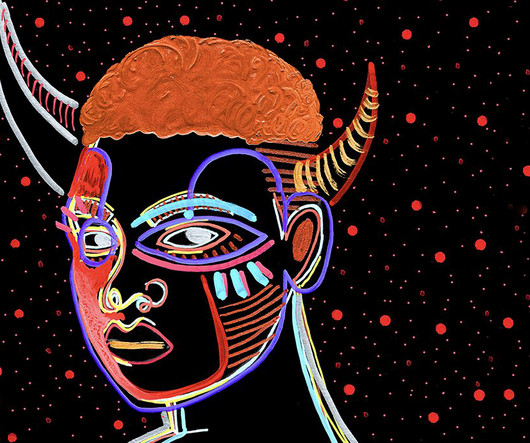Using Psychology in Nonprofit Marketing
Nonprofit Marketing Guide
JANUARY 10, 2024
My college journey went on to start with a major in sociology – the study of human social behavior, a natural fit for someone intrigued by the mind and social society. As nonprofit marketers, we are constantly using the laws of psychology and sociology, sometimes without even realizing it. Take storytelling, for instance.














Let's personalize your content